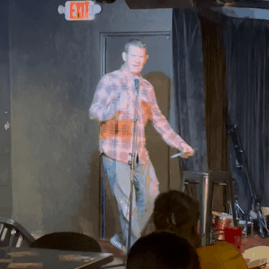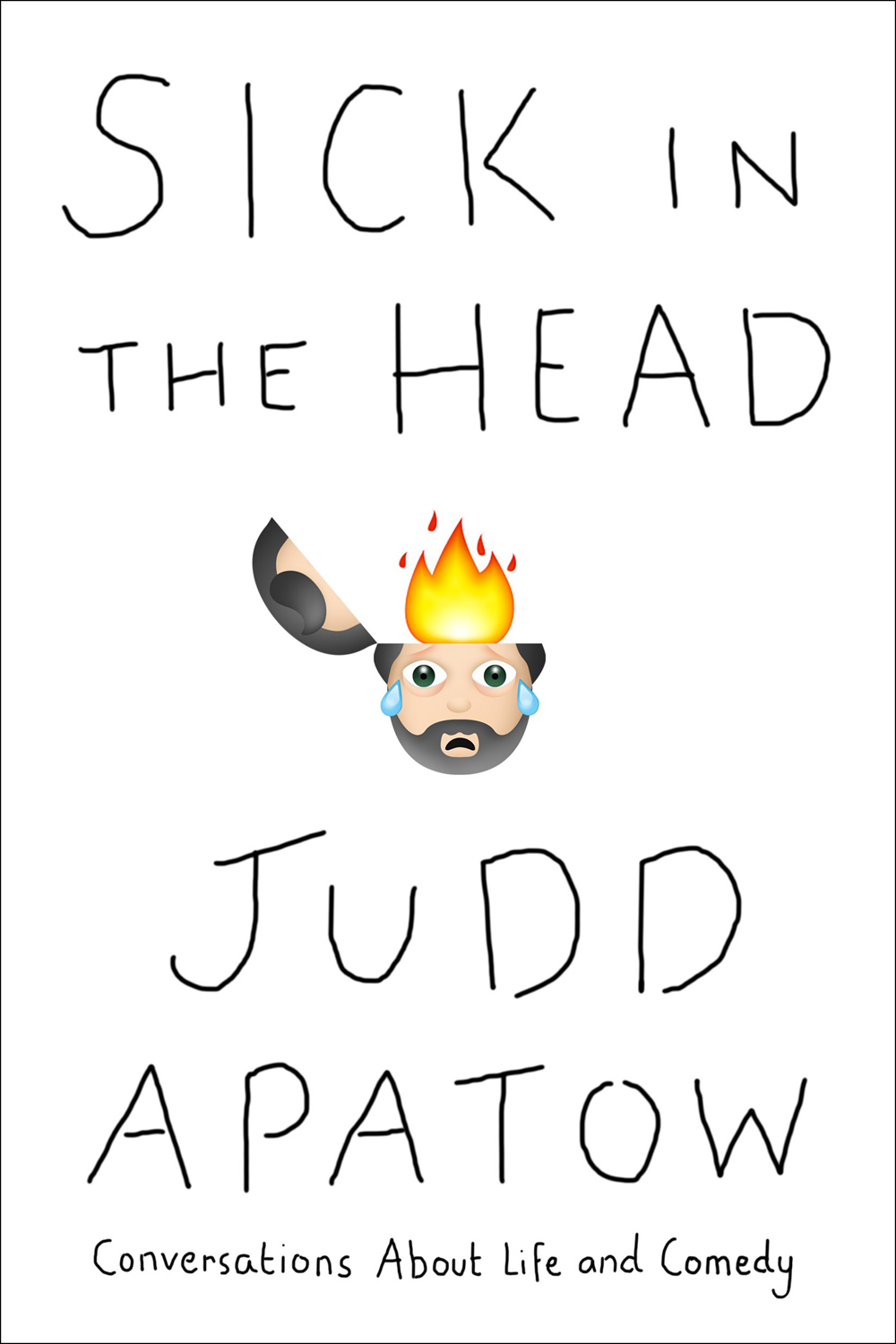I performed stand-up comedy for the first time last night. I didn’t bomb, phew!
I’ve been a comedy fan for my entire life. I grew up listening to all of the greats on albums and watching them on TV. I studied improv at Second City in Toronto. I’ve performed improv in Canada, US, England, Scotland, and Ireland. But standup comedy is a different medium than improv.
In improv, actors rely on one another to support and build a scene together (or to save them from one with a stage swipe) using the audience's suggestions AKA gives. Standup is solo, though. You’re on your own.
As a keynote speaker, I’m pretty comfortable on stages in front of audiences. I’ve delivered many presentations to thousands of people over the years. Audiences are more forgiving in these arenas because they are there to learn.
A presentation can’t be crammed with countless facts alone; that would be a train wreck. But a comedian is the opposite when you replace facts with jokes because their success metric is the number of laughs they receive in a set.
Stories are the medium used to deliver facts, gives, and jokes.
I’ve performed at several storytelling events over the years. This experience is vital for professional speakers, improvisers, and comedians to consider. Stories are the medium used to deliver facts, gives, and jokes.
When I think of my favorite comedians, it’s all about the story. Developing that narrative and fitting the jokes within makes excellent comedy.
Tips for first-time comics (even at 50-years-old)
Here are some tips if you’re planning to perform standup for the first time. I'm no expert, of course, but here are some things to consider.
Build a network. I took stand-up comedy classes at Third Coast in Nashville. I wanted to learn about standup performance, but my second goal was to meet other newbies. This support group will give you honest feedback and hold you accountable. I believe this is crucial. Thanks to Caitlin Price for joining me!
Arrive early and plan to stay late. I arrived just as the doors opened at 7:30 to be sure to add my name to the list. I was the tenth name, and the sets were four minutes. In theory, I should have been on stage at 8:10, but I didn't get selected until - 10:00. The host was choosing people he knew first, but I understand why this is if the host is considering the audience. He needs to be sure the audience is having a good time and won't leave.
Prepare, prepare, prepare. I wrote my script on paper. Then I transcribed it on my computer. I printed that script to rehearse and added the main bullets on a notecard (large enough to refer to on stage without my readers. I’m fifty now, and I need readers - you will too.) I then paced across my living room floor back and forth with a timer reciting the performance. Over and over and over. My goal is not to bring the card on stage with me. It’s best to have more than enough content because, on stage, your nerves make you go faster than planned.
Study the art. I watch stand-up specials on Netflix and YouTube all of the time. I listen to brilliant podcasts like Good One, where the host Jessie Fox dissects hilarious comedy with the actual comedian. I also recommend storytelling podcasts like The Moth and This American Life. See live comedy! Note what you like and dislike from other comedians when you are in the audience. Be there to support these brave people!
Respect the house and the host. When the host flashes a light or gives you a wave, it’s time to wrap it up. As a speaker, I’m anal about time because I want to respect the next speaker, the audience, and the meeting planners. You can throw the whole schedule off if you go over your time speaking at a conference. You also want to respect the club for providing a space to perform. Order drinks and generously tip your server.
Record your set. As cringe-worthy as it is, it’s essential to review your performance. Count the laughs (I got nineteen in four minutes for my first time, I included chuckles.) Note where you can improve—test new bits. You can buy a little tripod for your phone or ask your friend to record it for you. The recordings will reveal how much you’ve improved over time.
Keep smiling. It’s easy to feel deflated when you’re picked last (or third from last.) It felt like my attempts to play sports in grade school. Since it was an open mic night, many talented comedians were testing new material, while others were amateurs attempting stand-up for the first time (like me). Regardless, smile and stay positive, and do your best up there.
If at first, you don't succeed, try try, try again. This was on a fridge magnet at my mum's house when I was a kid. It was solid advice. I love this quote by Norm MacDonald about bombing, "Comedy is surprises, so if you're intending to make somebody laugh and they don't laugh, that's funny."
Want to hear more about my adventures with standup? Follow the journey here.
If you're looking for more advice on performance, writing, and comedy, check out this blog post.
What’s your experience with stand-up comedy? Have you performed before? Would you like to try? Leave a comment, I’d love to hear from you.








